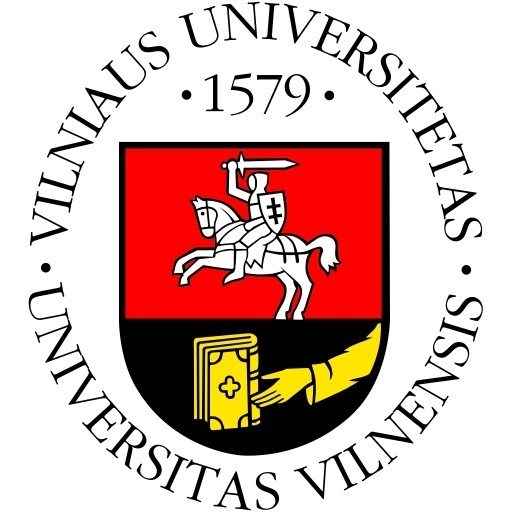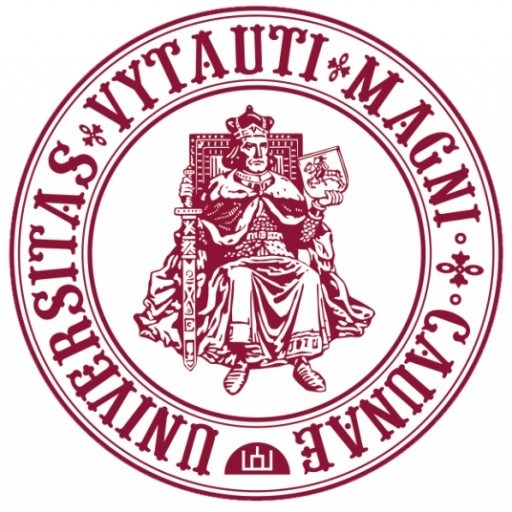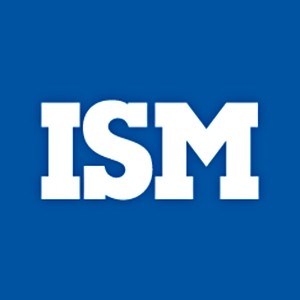Photos of university / #vilniusuniversity
Neurobiology at Vilnius University offers a comprehensive, interdisciplinary education designed to equip students with a deep understanding of the structure, function, and development of the nervous system. This program combines principles from biology, chemistry, physics, psychology, and medicine to provide students with a broad perspective on neural processes underlying behavior, cognition, and neurological disorders. Throughout their studies, students explore topics such as neuroanatomy, neurophysiology, molecular neuroscience, neuropharmacology, and neurogenetics, gaining both theoretical knowledge and practical skills through laboratory work, research projects, and internships.
The curriculum emphasizes critical thinking and scientific methodology, encouraging students to investigate complex neural systems and contribute to advances in neuroscience research. Vilnius University’s state-of-the-art laboratories and collaboration with medical and research institutions offer students unique opportunities for hands-on experience and application of classroom learning to real-world challenges. Graduates of the Neurobiology program will be well-prepared for careers in biomedical research, healthcare, pharmacology, or further studies in neuroscience, medicine, or related fields.
The program is designed to foster the development of analytical, problem-solving, and communication skills, preparing students for a competitive global job market and for contributing meaningfully to scientific communities. Vilnius University’s supportive academic environment, experienced faculty, and international cooperation make it an ideal place to pursue a degree in Neurobiology. This program aims to inspire future scientists and healthcare professionals committed to understanding and addressing neurological and mental health issues, ultimately advancing the well-being of individuals and society as a whole.
The Neurobiology undergraduate program at Vilnius University offers a comprehensive and in-depth education designed to explore the complex structure and functioning of the nervous system. Through a multidisciplinary approach, students will gain a solid foundation in biology, chemistry, physics, and mathematics, which are essential for understanding the mechanisms underlying neural processes. The curriculum covers fundamental topics such as cell biology, molecular biology, and neuroanatomy, progressing to more advanced subjects including neurophysiology, neurochemistry, and cognitive neuroscience. Students will have the opportunity to engage in laboratory work and research projects that emphasize experimental techniques and data analysis, fostering practical skills and critical thinking. The program also includes modules on neurodevelopment, neuroplasticity, and neurodegenerative diseases, providing insights into both normal neural function and pathological conditions. Throughout their studies, students are encouraged to develop their analytical abilities and scientific communication skills, preparing them for careers in research, healthcare, or industry. Vilnius University collaborates with various research institutions and offers students access to modern laboratories and research facilities. The program aims to equip graduates with the knowledge and skills necessary to contribute to advancements in neuroscience and related fields. Graduates of the Neurobiology program will be well-prepared to pursue postgraduate studies or enter the workforce as researchers, clinicians, or specialists in neurotechnology and related disciplines. The program fosters an environment of inquiry and innovation, encouraging students to participate in scientific conferences and publication opportunities, supporting their professional development and integration into the scientific community. With an international outlook and a commitment to excellence, Vilnius University’s Neurobiology program provides a robust platform for those passionate about understanding the mysteries of the nervous system and making impactful contributions to science and medicine.
- Bachelor's degree or its equivalent in Life and Social Sciences.
- English language proficiency – the level required - not lower than B2 (following the Common European Framework of Reference for Languages (CEFR), or TOEFL score 75/IELTS score 6.
APPLICATION AND SELECTION REQUIREMENTS
The grade for admission (K) is calculated by the following formula:
K= 0,4V + 0,3E + 0,3D
V – is the average of all bachelor grades (except for final bachelor thesis and/or final bachelor exam);
E – evaluation of motivation letter;
D – evaluation of final bachelor thesis.
The financing of the Neurobiology study program at Vilnius University is primarily supported through a combination of state funding, scholarships, and student fees. The Lithuanian government allocates funds for higher education institutions based on national priorities and the number of students enrolled in various programs, including those in biomedical sciences such as Neurobiology. This funding helps cover the operational costs of the program, including faculty salaries, laboratory resources, and educational materials.
Students enrolled in the Neurobiology program may benefit from numerous scholarship opportunities provided by Vilnius University, the Lithuanian government, or international organizations. These scholarships aim to alleviate financial burdens and promote access to higher education for talented students from Lithuania as well as international applicants. Eligibility criteria and application procedures vary, but many scholarships are merit-based or need-based, ensuring support for students demonstrating academic excellence or requiring financial assistance.
In addition to government and institutional support, students often finance their studies through personal savings, part-time employment, or student loans. Vilnius University collaborates with various organizations and financial institutions to facilitate student loan programs, enabling students to fund their education over the course of their studies. The university also offers guidance on financial planning and managing tuition fees and living expenses. Tuition fees for international students are detailed on the university’s official website and vary depending on the student's nationality and study program specifics.
Furthermore, the university periodically participates in European Union-funded projects designed to enhance research capacity and educational quality in biomedical fields, including Neurobiology. Such projects may provide additional funding or resources that indirectly benefit students by improving the quality and scope of the program.
Overall, the financing structure of the Neurobiology program at Vilnius University ensures that students have access to financial mechanisms to support their education. The combination of public funding, scholarships, student loans, and personal resources presents a comprehensive financial support system tailored to facilitate successful completion of the degree.
INTERNATIONAL MOBILITY
Students can participate in ERASMUS+ mobility programme which gives an opportunity to study at VU’s Partner University or do internship abroad.



